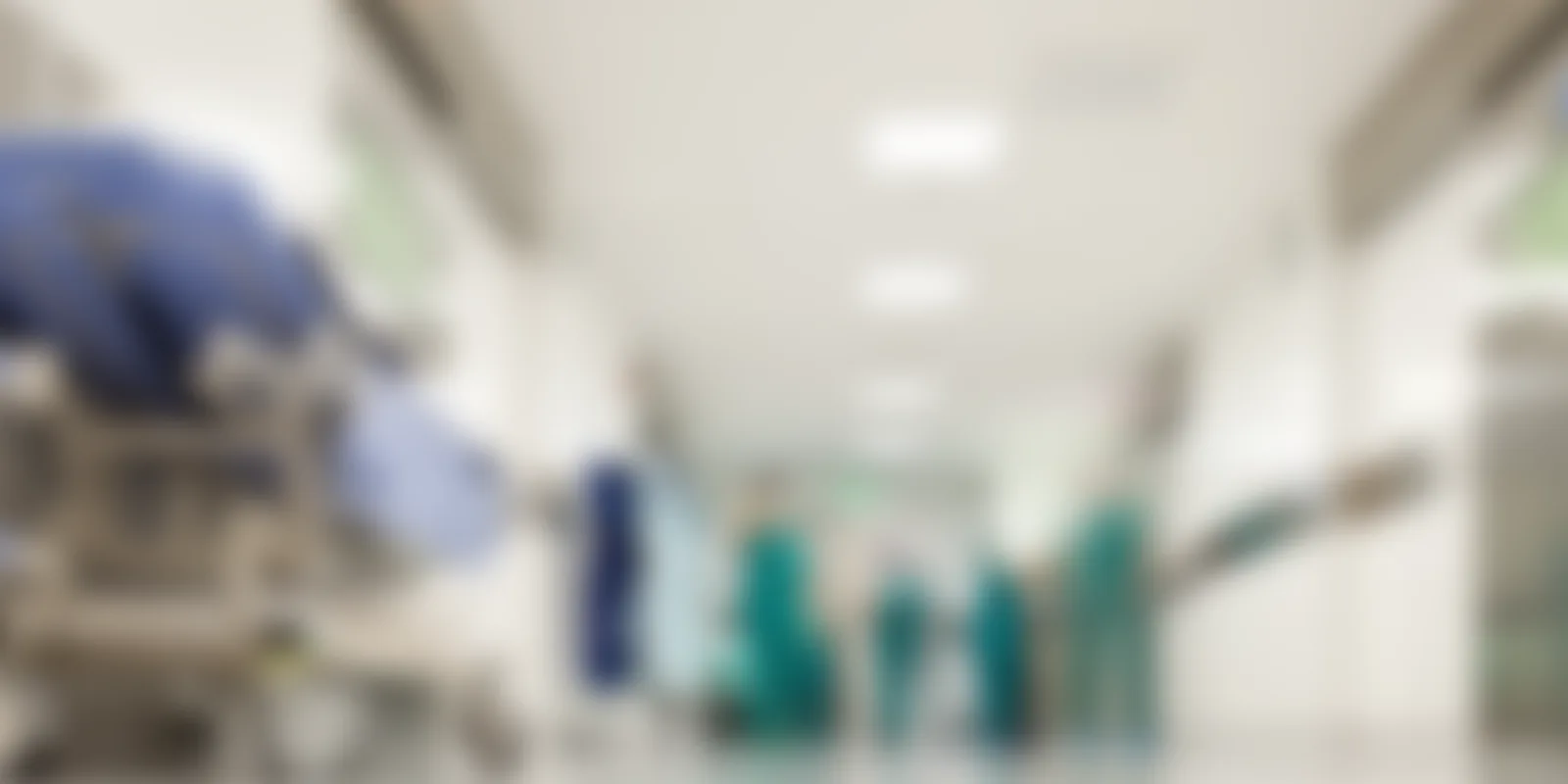Technology and medicine are both continually evolving, and play a role in shaping each other’s development. While utilisation of artificial intelligence in dermatology is not new, the high degree of accuracy now possible with deep convolutional neural networks (CNN) is beginning to raise difficult questions about the future role of dermatologists in the diagnosis and management of melanoma.
A research team from Stanford University recently reported that their CNN, which has been trained on a dataset of 129,450 clinical images, is currently capable of classifying skin cancer with a level of competence equivalent to board certified dermatologists. The sheer size of the dataset enabled the software to become robust to variability of zoom, angle and lighting which frequently may otherwise affect the interpretation of smartphone photography. It is conceivable that with time and larger datasets, such software may surpass the average dermatologist in accuracy, and an accurate and validated version may be available to both clinicians and patients via smartphone.
Given that the incidence of skin cancer in Australia is amongst the highest in the world, and access to specialist dermatologists is relatively limited due to a small workforce predominantly located in metropolitan areas, improved diagnostic tools may enhance triaging and reduce time to excision for correctly diagnosed melanoma.
For clinicians, rapidly evolving technology may lead to a shift in the standard of care and a reshaping of the role of dermatologists in skin cancer diagnosis and management.
For patients, speedy access to diagnostic software may be life-saving or life-threatening, depending on the accuracy of commercially available applications, how they are used, and how they are regulated by the government.

Legal Issues with Diagnostic Melanoma Smartphone Applications
Op-Med is a collection of original essays contributed by Doximity members.
All opinions published on Op-Med are the author’s and do not reflect the official position of Doximity or its editors. Op-Med is a safe space for free expression and diverse perspectives. For more information, or to submit your own opinion, please see our
submission guidelines
or email
opmed@doximity.com.





